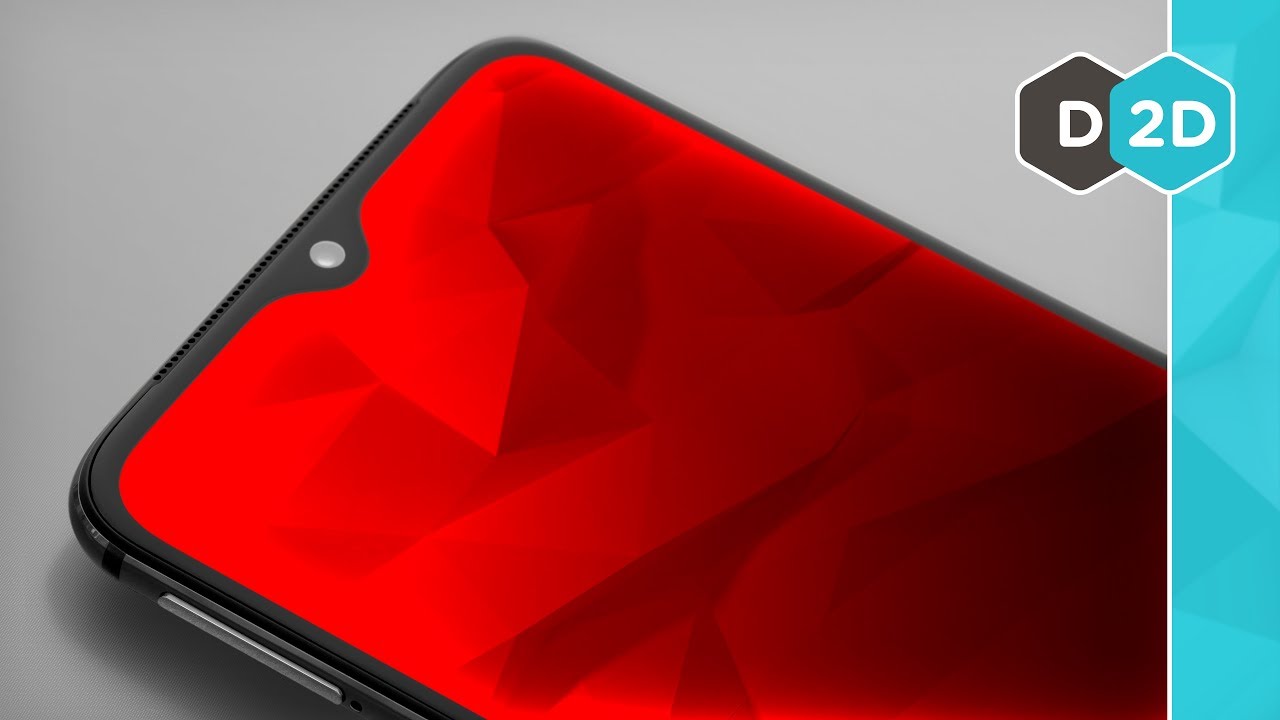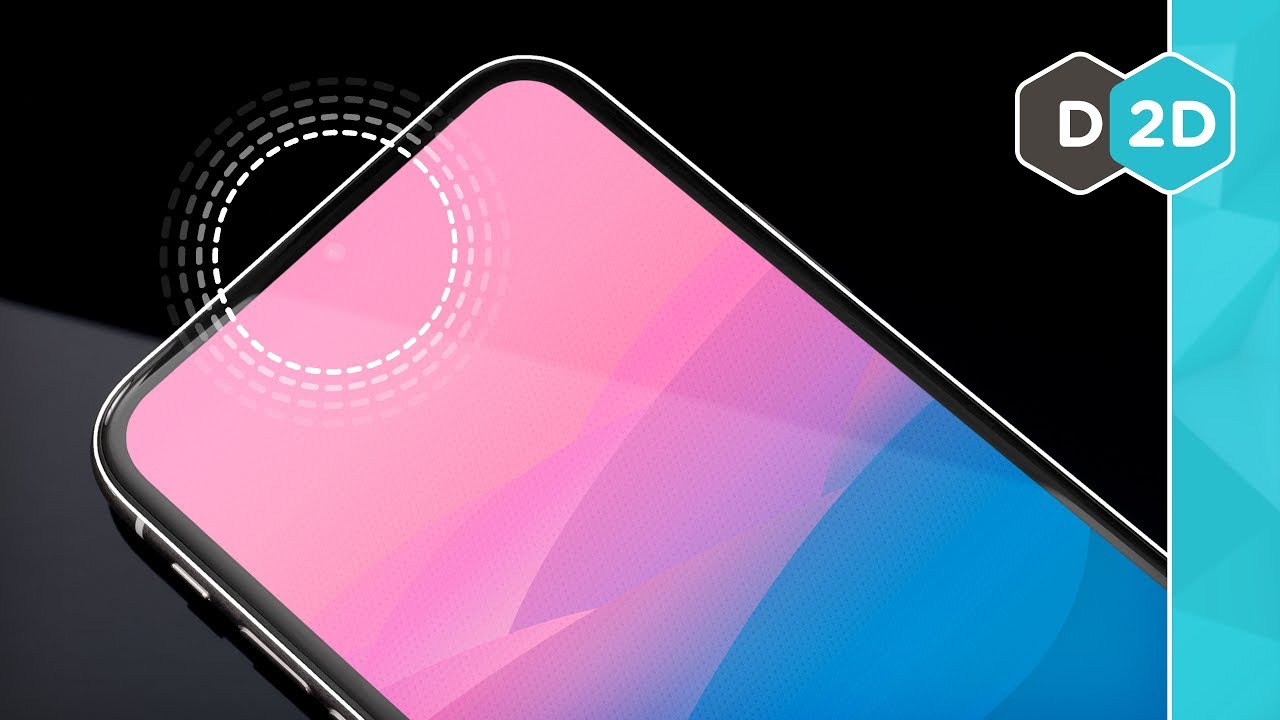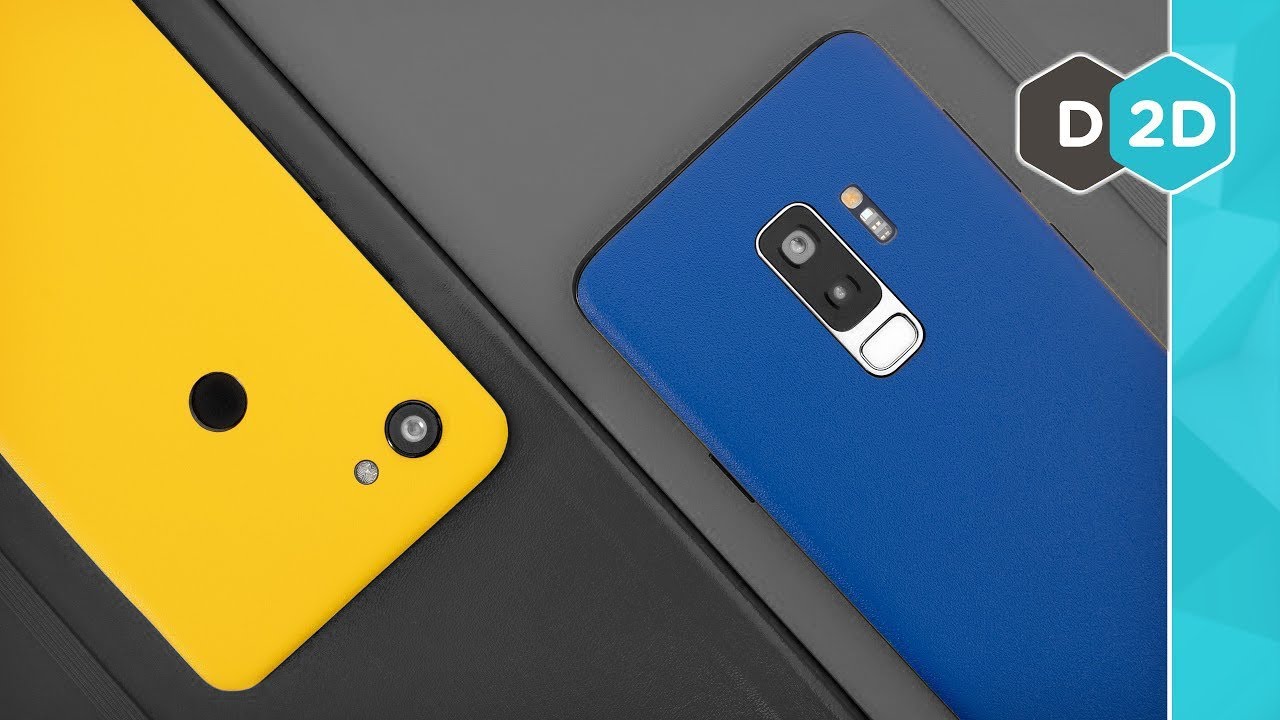
Three thousand years ago Solomon stated, “Wisdom is the principle thing.” He would highlight again and again the importance of making wisdom a priority. At one point he said if you do nothing else, gain wisdom.
Wisdom is using intelligence to make the right choices; it is the ability to make distinctions even in the face of stress and uncertainty. It is being able to understand the real relationship between correlation and causation, and why many people get these two things wrong.
It is true, there are many pieces to the puzzle for what brings success, and often people look at the wrong pieces and come to the wrong conclusions. Consider two companies and how a small action had a much bigger impact than originally thought.
For example, Google is a company that analyzes and measures everything, and as such they come up with great solutions to what seem like small problems. One survey they did found people wanted more search results per page. But when Google put more results on each page, their search engine traffic dropped by 20%. The reason? A half second increase in load time.
Because Google analyzed this, they were able to come to the correct correlation and realize people want faster load time more than they want results per internet search. Because they pay attention to the small details, they were able to address the real problem.
The opposite of this is the infamous debacle of the “soda wars”. Released several years ago, the head of a top soft drink company changed the formula to compete with Pepsi. They thought that sales were only about taste. The new drink failed because people stay with brands not only for taste, but also for tradition and comfort and nostalgia. The company head was measuring the wrong piece of the puzzle, taste, when he should have been measuring brand loyalty. Their sales paid dearly for this mistake.
Or consider American Airlines. They wagered that one olive less on their salads would not be noticeable. They were right. The savings over a year to cut one olive came to $40,000, a significant amount of money.
So how important is it to measure the smallest detail? We live in a world where 95% of businesses fail in the first 5 years. Business is hard and we know that at times so is life.
How does one get ahead, how does a person reach a goal and live with fulfillment? Pay attention, measure even the seemingly unimportant things. Understand causation and correlation, and be sure you are addressing the real cause of your problems. And always remember, wisdom is the principle thing.
Tobin Crenshaw















